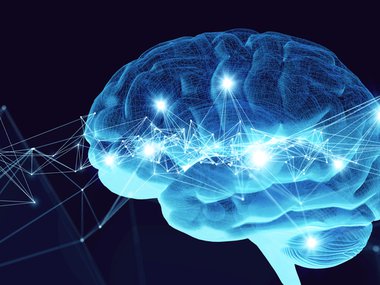Did you need an alarm clock to wake up this morning? Did you struggle to wake up? Did you fall asleep while watching TV last night? Well then, let’s talk about something that you might be interested in: napping! Maybe you've recently had a nap or maybe you've pondered why some folks you know get mid-day sleepy vibes. Why do we nap?
A recent study dug into the many factors to consider behind daytime napping. This study identified more than 100 genes that contribute to the likelihood you might want a nap. These genes are related to factors like your quality of sleep, how long you typically sleep, how early you go to bed, your cardiovascular health, and your metabolism. This new genetic study helps highlight that there is a complex biological relationship with napping and there really is no “one size fits all” for napping.
Sleep propensity (an individual’s need for sleep) can vary from person to person. Mid-day naps can be a result of disrupted sleep the night before, as in the person needing to catch up on sleep, like balancing a sleep debt. While we as a society might tease night owls for their morning fatigue, early risers are more likely to feel the need for an afternoon nap to “catch up” on sleep.

Image credit: Getty Images
The topic of napping has long been controversial. While some cultures encourage mid-day siestas, other cultures look down on individuals that need a snooze between mid-day meetings. Genetic variables, environmental stimulus, levels of stress, and routinely balancing our sleep debt are all factors in why some of us nap and some don’t. We may all have varying sleep schedules, but as a species, we all should aim for about eight hours of sleep to keep a healthy, efficient, and functioning brain. It’s really an individual thing. Some folks many need naps while others can get a solid night of sleep.
Not only that, but keep in mind every species basically has its own sleep needs, too! Some deer only need three hours of sleep while certain bats need 18 to 20 hours!
Scientists know what happens when we sleep, but we still don’t really know why we sleep. Our sleepy-time brain and wide-awake brain both still remain a relative mystery to science!
Alright, that’s enough sleep science for now. Time to give it a rest, which might finally mean nap time!
Oh, and if you need to know more on why sleep is so important in general, we've got you covered! We've been chatting sleep science for a while. Check out our pieces on how sleep could impact health, if sleep-related myths are true, or to just get a snapshot of how the world is sleeping these days.


